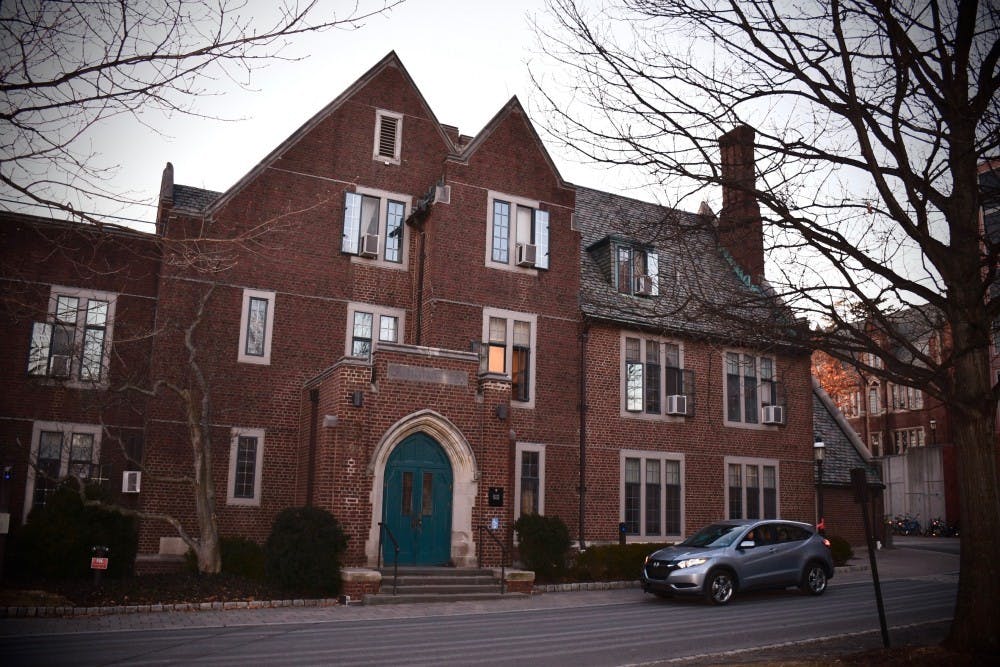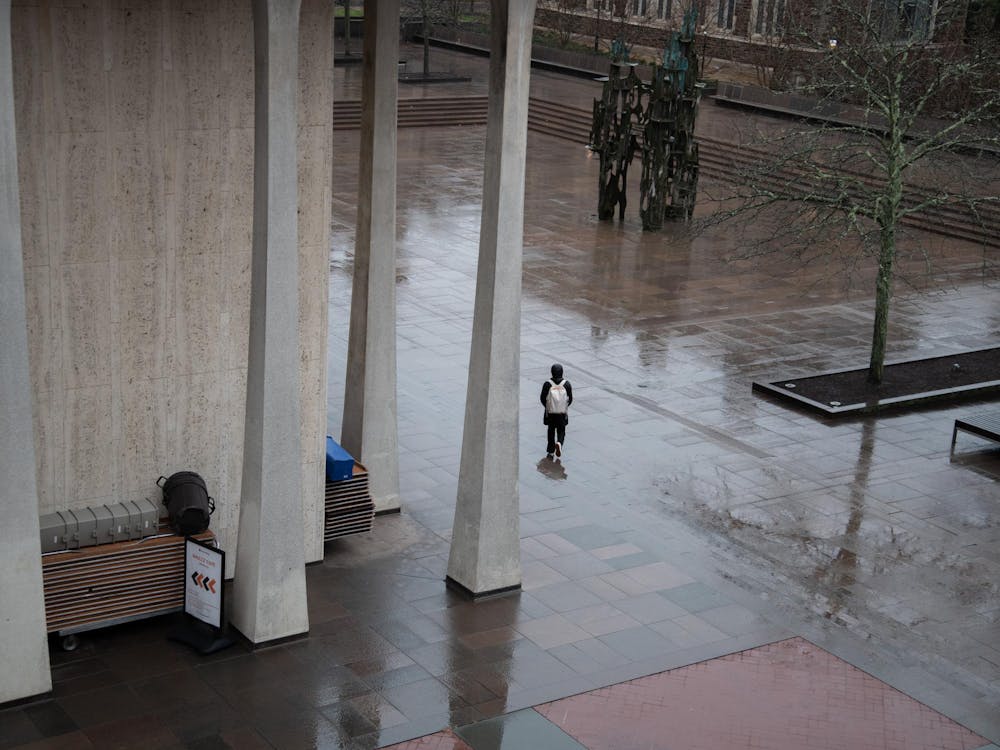As SHARE Peers, we wish to distinguish the role of SHARE (Sexual Harassment/Assault Advising, Resources and Education), which serves our campus as a safe, supportive, and confidential space for survivors of interpersonal violence, from the Title IX office, which provides a means of seeking disciplinary action for sexual misconduct. Recently, we discovered that several campus bathroom signs delineating sources of support on campus relating to interpersonal violence had been vandalized. We find it distressing both that a survivor in our community feels unprotected and that this message could potentially deter other survivors from coming to SHARE.
In light of this incident, we want to reiterate SHARE's commitment to supporting and believing survivors of interpersonal violence, and we’d like to clarify the procedural differences between SHARE and the Title IX Office. We understand that the differences between the two resources can be confusing for those wondering how to approach instances of interpersonal violence on campus. We feel it’s important, however, that anyone seeking help and guidance after witnessing or experiencing an instance of interpersonal violence can feel comfortable knowing the differences between the two resources, for while they work collaboratively, the two serve very different purposes.
SHARE is a confidential space for survivors and co-survivors to receive support and information and to debrief. As a confidential resource, SHARE only shares information with the explicit permission of the individual who comes to them through a signed “release of information” form or in cases which staff are required to report, such as child abuse and emergent hospitalization, or after the issuance of a court order.
The Title IX Office is a non-confidential resource for taking disciplinary action concerning incidents of sexual misconduct or sexual discrimination – if it can be determined that the Sex Discrimination and Sexual Misconduct Policy in “Rights, Rules, and Responsibilities” has been violated. When a student is found responsible for violating the Sex Discrimination and Sexual Misconduct Policy, sanctions will be imposed.
SHARE is not a reporting site for those wishing to report misconduct to the University, and SHARE has no role in Title IX’s investigation, deliberation, or sanctioning decisions. SHARE is a confidential, survivor-centered, non-judgmental space to discuss options and resources available to survivors, including any concerns about University policies, as well as a space that offers trauma-informed counseling, listening, and an opportunity for healing. SHARE can offer support and guidance to individuals who would like more information about reporting an incident to the University through Title IX. SHARE assists survivors in navigating off-campus resources as well, including supporting survivors who are interested in filing a complaint or lawsuit against the University.
We feel it's important to clarify and emphasize these differences between SHARE and Title IX so that anyone who wishes to come to SHARE for support feels informed and comfortable in doing so. To recap, when an individual experiences or witnesses an incident of sexual misconduct, they can (1) seek guidance from a confidential resource like SHARE and/or (2) file an internal complaint through the Title IX Office or a criminal complaint with the Department of Public Safety or local law enforcement. Because deciding among these options can be difficult, it can be helpful to seek assistance from a confidential resource like SHARE, the Office of Religious Life chaplains, or Counseling and Psychological Services before deciding how to proceed. A helpful flowchart to explain this further can be found here.
We want you to know that we hear you and want to support you to the best of our ability. We believe that every person deserves to be safe, respected, and happy on this campus, and we are here to listen to you always. If we can provide any other information that would be helpful, answer any questions, or address any concerns you may have that are currently unaddressed, including any you may have about your experience(s) with SHARE, we welcome further conversation. If you feel comfortable, please feel free to reach out to any of the undersigned personally, or to the SHARE Office at share@princeton.edu.
Signed,
Ananya Agustin Malhotra, ananyam@princeton.edu
Jamie O’Leary, joleary@princeton.edu
Reed Michael Melchionda, reedm@princeton.edu
Ethan Glattfelder, ethang@princeton.edu

Grace Miles, gmiles@princeton.edu
Lisa Sheridan, lmas@princeton.edu
Jac Hovsmith, hovsmith@princeton.edu
Sam Aftel, saftel@princeton.edu
Heavyn Jennings, heavynj@princeton.edu
Chesley Chan, cnchan@princeton.edu
Tori Gorton, vgorton@princeton.edu
Layla Varkey, lvarkey@princeton.edu
Danielle Isakov, disakov@princeton.edu
Aaron Ach, aach@princeton.edu
Madison Eller, meller@princeton.edu
Winnie Brandfield-Harvey, wab2@princeton.edu
Nick Cefalu, ncefalu@princeton.edu
Emily Kunkel, ekunkel@princeton.edu
Michelle Campeau, mcampeau@princeton.edu
Emma Parish, eparish@princeton.edu
Miranda Allegar, mallegar@princeton.edu
Jasmin Capellan, jasminc@princeton.edu
Ysabel Ayala, yayala@princeton.edu
Matthew Merrigan, merrigan@princeton.edu
Curtis Leonard, curtisl@princeton.edu
Tiffany Critchlow, tmc2@princeton.edu
Sirad Hassan, shassan@princeton.edu









